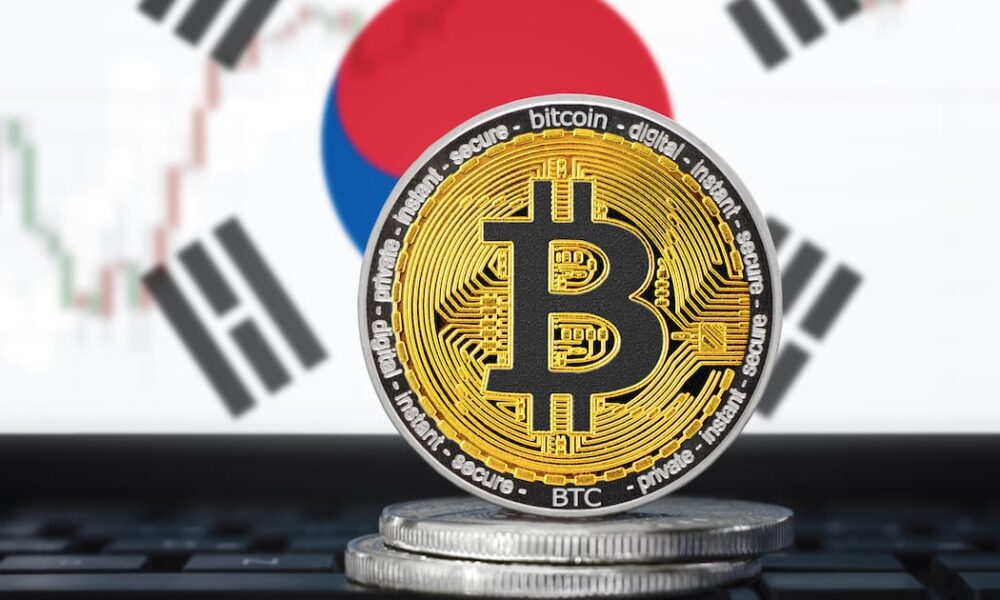Regulation
South Korean cryptocurrency firms now required to monitor and report suspicious transactions – DL News

- New rules require digital asset companies to protect their customers’ assets.
- Retail demand for cryptocurrencies is soaring in South Korea.
- South Korean crypto companies are regulated like traditional companies.
For the past year, South Korea has maintained a law aimed at protecting the assets of cryptocurrency users.
The law is now finally being implemented.
South Korean regulators on Friday introduced new rules aimed at protecting users’ deposits and virtual assets and curbing unfair business practices such as price manipulation.
Cryptocurrency businesses must now monitor and report suspicious transactions.
The law also gives financial regulators the power to supervise, inspect and sanction virtual asset trading platforms.
“As it becomes possible to impose severe penalties on those who engage in unfair business activities, this should also help establish a healthy order in the virtual asset market,” the Financial Services Commission said in a statement. statement THURSDAY.
Major center
South Korea, a major hub for cryptocurrency trading, has tightened its regulatory framework after the collapse of Terraform Labs’ stablecoin TerraUSD, which led to losses of $60 billion in 2022. Some 200,000 people in the country invested in Terra.
But despite the fallout and calls for increased oversight of the crypto industry in the country, it has not hurt retail trading. request for trade.
Join the community to receive our latest stories and updates
During the first quarter of this year, the Korean won facilitated $456 billion in cryptocurrency trading volume, compared to $455 billion traded using the U.S. dollar.
Key aspects of the new regulations include requiring virtual asset service providers to securely store customer deposits in banks.
Virtual asset service providers, or VASPs, must segregate users’ virtual assets from their own and maintain insurance or reserve funds to cover liabilities in the event of a hack or network malfunction.
VASPs are also required to maintain monitoring systems for suspicious transactions and report such activities to the Financial Supervisory Service.
This type of requirement has long been the norm in traditional finance.
Protection obligations
The law gives financial authorities the power to supervise, inspect and sanction virtual financial service providers. Regulators can inspect virtual financial service providers to ensure they comply with their user protection obligations, and the FSC can impose sanctions on those who breach the rules.
Other plans for cryptocurrency regulations in South Korea have been delayed. Last week, lawmakers from the ruling People’s Power Party proposed dilatory a 20% tax on profits from cryptocurrency trading until 2028.
The tax would apply to annual gains of more than 2.5 million won ($1,800). The threshold for gains from stock trading is 50 million won ($36,000).
Callan Quinn is DL News Correspondent in Hong Kong. Got a tip? Contact her at callan@dlnews.com.
